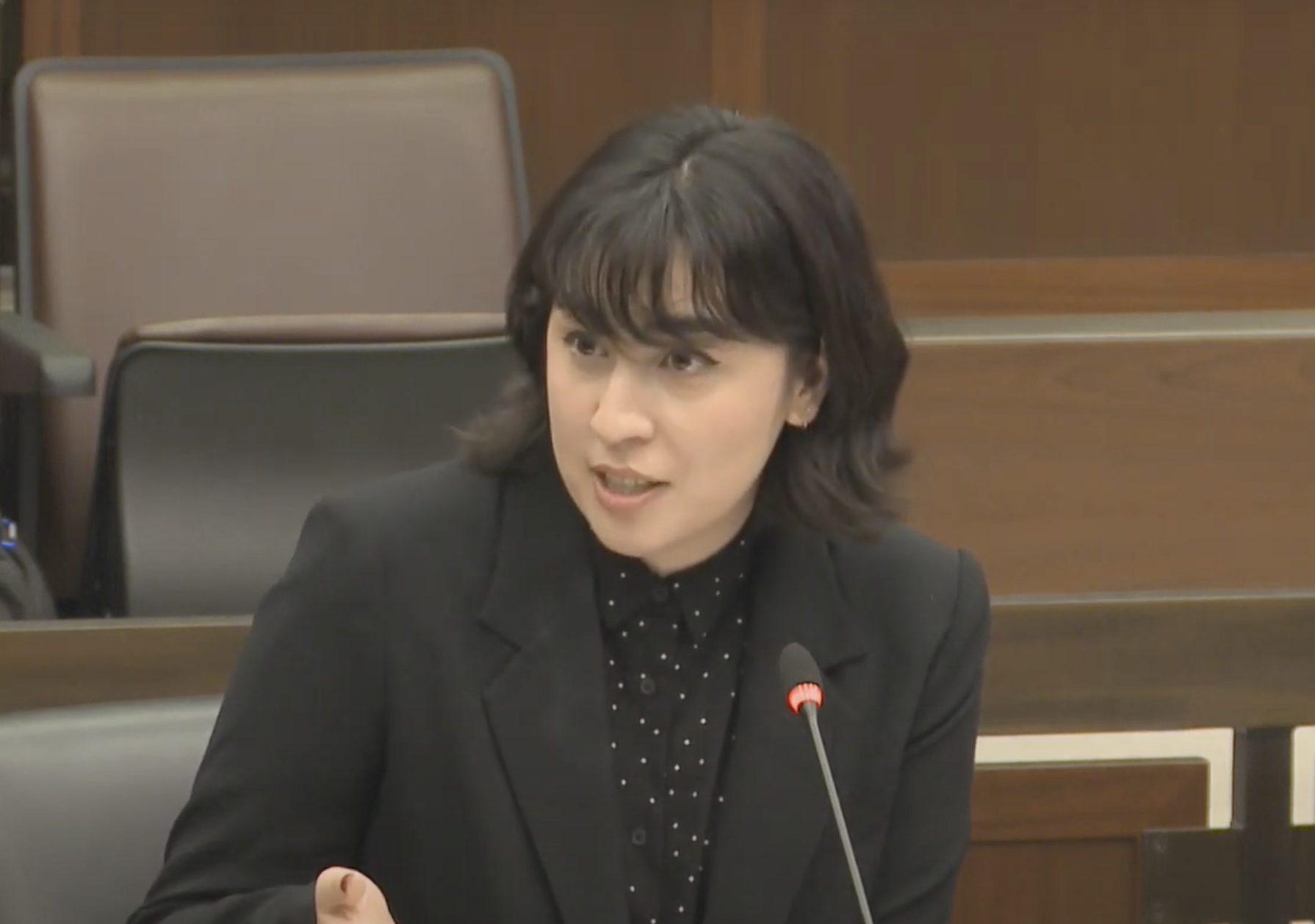Boston’s Rat Debate: A Call for Humane Solutions

Boston’s Rat Dilemma
Harvard’s Animal Law & Policy Clinic sits at the table as Boston balances rodent control with the urgent need to protect wildlife from poisoning.
At a recent hearing of the Boston City Council, Lexi Neilan, a third-year Harvard Law student and former clinician with the Harvard Animal Law & Policy Clinic (ALPC), presented compelling testimony on the necessity of adopting humane alternatives to rodenticides. Addressing the council, Neilan emphasized the importance of phasing out harmful rodenticides, particularly anticoagulant rodenticides, which pose significant risks to non-target species and even humans.
Neilan, who was joined by ALPC Faculty Director Mary Hollingsworth, began by highlighting the ALPC’s support for the council’s interest in rodent control methods that do not rely on toxic chemicals. They praised the council for considering humane alternatives, including the use of contraceptives, to manage rodent populations but insisted that these humane methods must be paired with the gradual elimination of the use of anticoagulant rodenticides to achieve full environmental and public health benefits. ALPC has spearheaded legal efforts on behalf of its clients and petitioned the Massachusetts Department of Agricultural Resources (MDAR) to suspend state registration of these toxic chemicals under the Massachusetts Pesticide Control Act. The petition highlights the violation of state standards, asserting that anticoagulant rodenticides generally cause unreasonable adverse effects on the environment.
The Dangers of Anticoagulant Rodenticides
Anticoagulant rodenticides are commonly used to control rodent populations, but Neilan stressed that they come with serious, often deadly consequences for wildlife, pets, and humans. “These highly toxic chemicals not only target rodents but also pose a significant threat to non-target species through primary and secondary poisoning,” they explained. Local wildlife, including state and federally protected species like bald eagles, are particularly vulnerable. Once rodents ingest the poison, it takes time for the symptoms to appear, which increases the risk of predators such as raptors, foxes and coyotes consuming the poisoned rodents.
Neilan provided startling statistics: between 2021 and 2023, nearly 200 cases of human anticoagulant rodenticide poisoning were reported in Massachusetts, almost half of them involving children under the age of six. “Continued use of these chemicals increases the risk of unintended harm to human health, particularly to the most vulnerable in society,” Neilan asserted. Pets are also negatively impacted by anticoagulant rodenticides and may require costly veterinary treatment after ingesting the poison.
Legal Considerations
Neilan pointed out that the continued registration and use of anticoagulant rodenticides could potentially violate state standards under the Massachusetts Pesticide Control Act. “We believe that these chemicals cause unreasonable adverse effects on the environment,” they said. Under Massachusetts law, a pesticide that poses unreasonable risks to humans, animals, or the environment must be banned, especially if its negative impacts outweigh its benefits.
The harm inflicted on species like bald eagles and other raptors, which play a crucial role in regulating prey populations, is particularly concerning. By killing these animals, anticoagulant rodenticides disrupt ecosystems and undermine long-standing conservation efforts.
Boston Should Help Lead the Charge
In closing, Neilan called on the Boston City Council to phase out the use of anticoagulant rodenticides and focus on safer, more humane alternatives. “By taking this step, Boston will help lead the charge in protecting our environment, safeguarding public health, and ensuring the humane treatment of all creatures,” they concluded. The time to act is now, and ALPC’s commitment to this cause remains unwavering.
